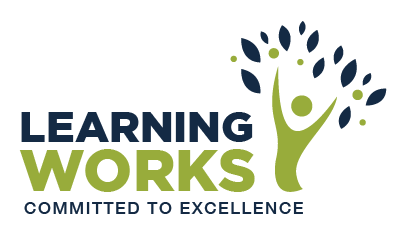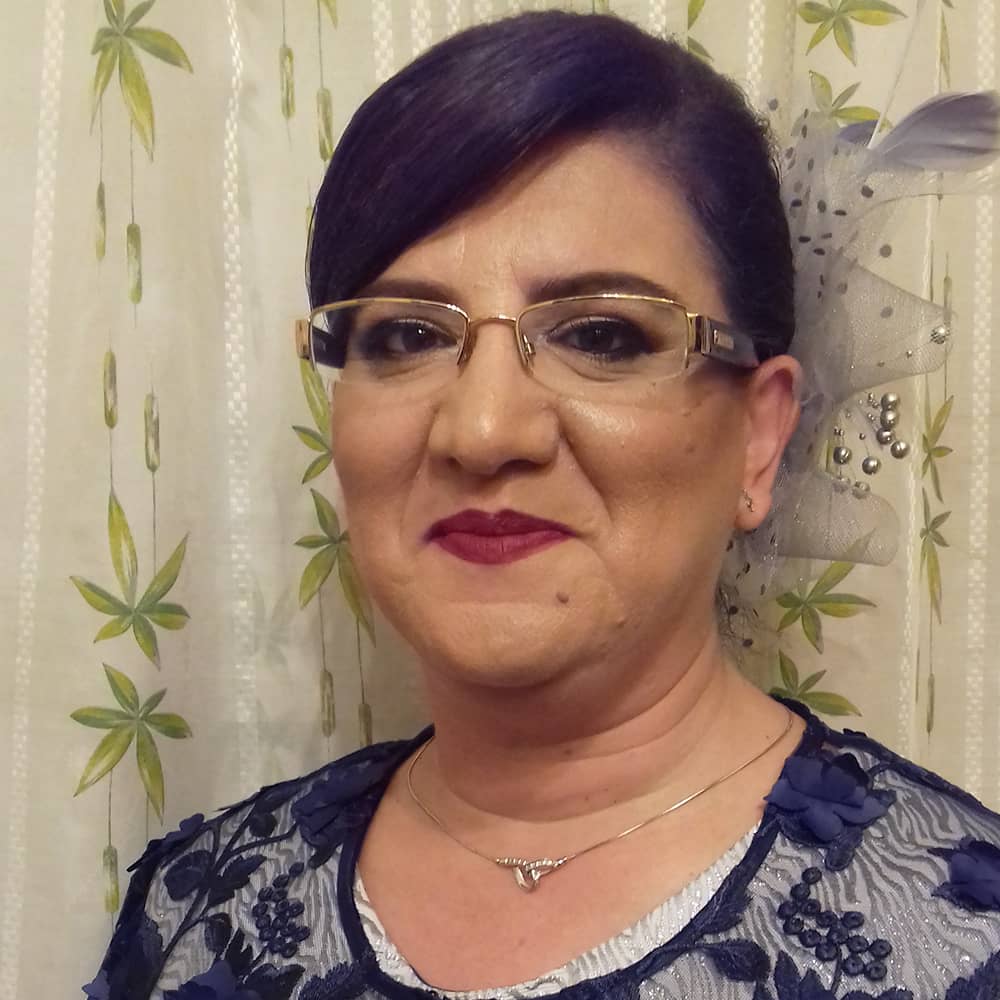Course Description
This course is targeted towards individuals who would like to learn basic communication in English for work, personal development and academic purposes.
Learning Outcomes
By the end of the course programme, students will be able to:
- Understand the very basics of English grammar and basic English expressions.
- Build one’s vocabulary of simple English words and manage the correct use of simple English phrases that frequently appear in everyday social conversation.
- Use very basic vocabulary and phrases in English related to everyday life and representative of the home, work, social and public settings.
- Use appropriately the frequently used phrases used to communicate in English.
- Speak with a basic level fluency and accuracy within specific situations.
- Learn the sentence structure and the gist of elementary written texts.
- Use basic knowledge of the language to carry out simple exchanges of information.
Target Candidates
This course is aimed at students who have never studied English before or have limited knowledge in the language. There are no entry requirements for this course.
| Course Code | Duration | Credit Value | Next Intake | FT/PT |
|---|---|---|---|---|
| LW/L/001 | 2 months | 5 ECTS | February 2024 | PT |
| Contact Hours | Placement Hours | Self Study Hours | Assessment Hours | Total Learning Hours |
|---|---|---|---|---|
| 30 | 0 | 90 | 5 | 125 |
Mode of Training
This Award is delivered through a series of interactive teaching sessions with an emphasis on group activities. Case studies and work examples will be discussed throughout the course.
Assessment
Formative assessment
Performance-based assessments are based on classroom or online instruction and everyday tasks.
Summative Assessment
Candidates take a test in pairs or groups of three, throughout the test they are assessed on their individual performance and not in relation to each other.
Awarding Body
Learning Works
Lecturers
Course Structure
Module 1: Greetings and your world (1 ECTS)
This unit aims to let the students get to know each other. The context of greetings and introductions in different settings allows students to do this in English in a meaningful way even with quite basic language.
Module 2: My life, family and friends (1 ECTS)
This unit aims to extend the range of personal information that students can give. The unit introduces expressing the possessive with family vocabulary. Students practice with talking about the present within the context of hobbies, likes and dislikes. Food and drink also introduced to serve as a context for further insight into the construction of the plural forms.
Module 3: Out and About (1 ECTS)
This unit aims to introducing and giving practice in describing places within the context of being out and about during one’s free time. This unit extends upon question formation and the demonstratives, the introduction of vocabulary related to directions and distance. Useful adjectives and their opposites are also introduced.
Module 4: At Work and at Home (1 ECTS)
The theme of this unit takes a look at life at work and life at home. The differences between formal and informal language are presented within the contexts of work and at home with family and friends. Students will reflect on the differences and compare to their own languages allowing a focus on comparatives.
Module 5: It's Time to Go (recap) (1 ECTS)
This unit serves as an overview of the previous four units focusing mainly on recycling and recalling the language presented and practised throughout the course. The content presented is intended to facilitate basic communication and interaction within the student’s current real-life context to further increase confidence in the basic use of the language once the learner leaves the classroom. Reflection will be carried out with focus being placed on the way forward in order to further their learning after the course.


